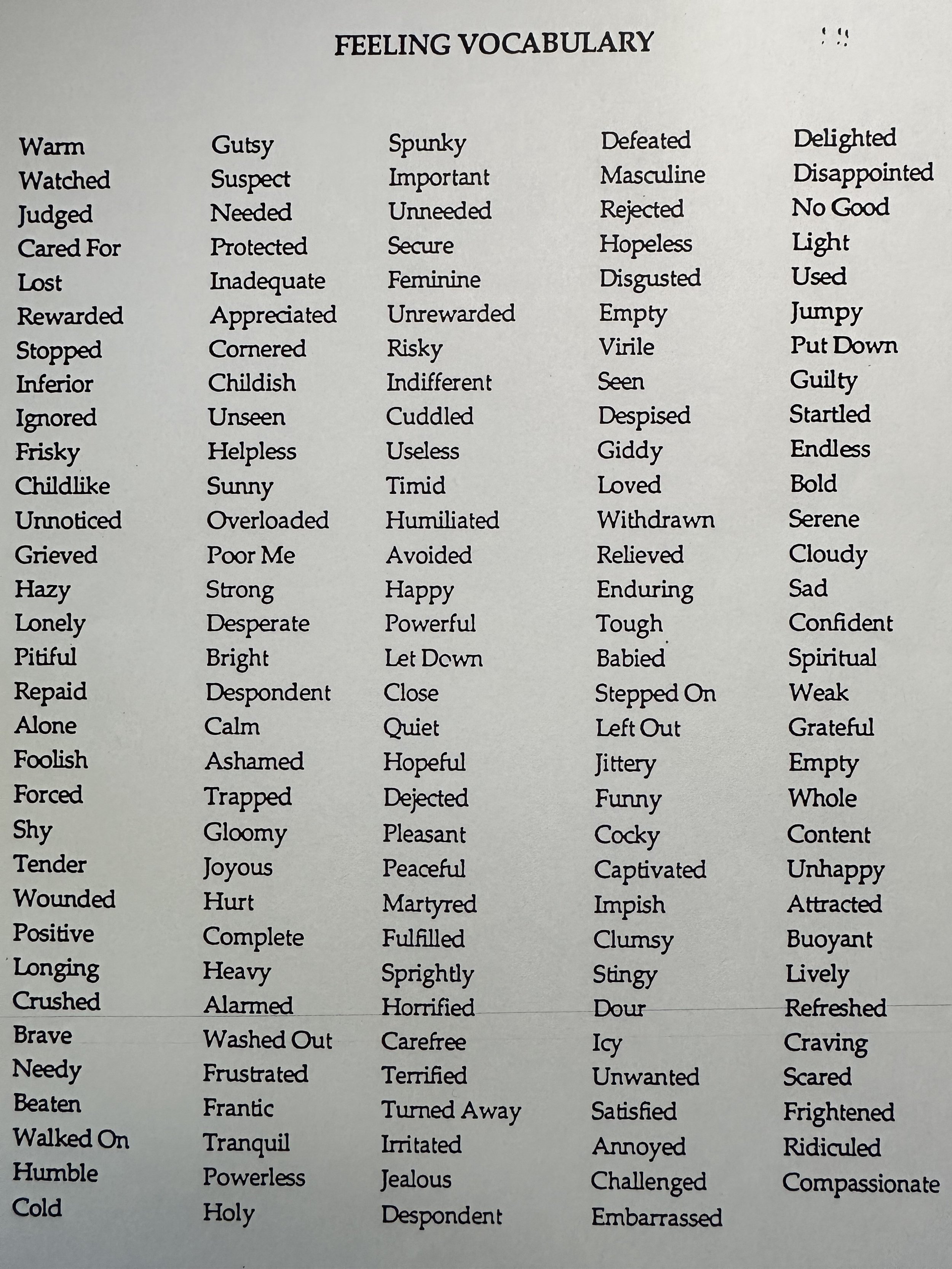Emotional Intelligence explained.
How can we understand emotions?
To begin, it’s important to understand that emotions play a large role in how we interact with the world. They can influence our thoughts, our behaviors, and our decision-making.
For example, if you’re feeling angry, you may be more likely to make an impulsive decision that you later regret. By understanding and managing your emotions, you can empower yourself to make better choices.
“Feelings are indicators, not dictators.”
-Lysa Terkeurst, American Author
Imagine you are driving down the highway and your check engine light comes on. As soon as you notice the check engine light, you have a few choices you can make. You can choose to freak out and slam on the brakes in the middle of a dangerous highway. You can carefully pull over using your blinkers and mirrors. You can choose to keep driving to a car mechanic shop, or simply check out what’s going on after you arrive at your original destination. Either way, none of these choices were caused or dictated by your check engine light. They were dictated by you. The check engine light simply indicated to you that something might be going on under the hood of your vehicle.
Emotions are the same way. Feelings are indicators that something is going on inside of us. They help us decide whether we want to pay closer attention to fully understand the problem. While feelings are excellent indicators, they are also terrible dictators. Don’t allow your emotions to be the king or queen of your behaviors, thoughts, and decisions. As soon as we make the mistake of believing our emotions have full control over us, we have decreased our emotional intelligence by a lot.
Emotional intelligence is a term used to describe a person's ability to recognize, understand, and manage their own emotions, as well as the emotions of those around them. It's an incredibly important skill to have. It means being able to recognize when you’re feeling a certain way, and being able to identify the cause of that feeling. Then, you can take steps to regulate your emotions, such as engaging in deep breathing or simply taking a few moments to reflect.
It’s also important to be able to recognize how your emotions may be affecting others. It’s easy to get caught up in our own feelings, but having emotional intelligence means being able to recognize that our emotions can impact those around us. This can help us to better navigate our relationships and work together more effectively.
Here are a few printable worksheets to help you improve your Emotional Intelligence:
Directions: Start in the middle of the wheel and follow the chart outward to gain insight into your emotions underneath those typical, “Good/Bad/Happy/Sad” feelings.
Directions: Pull out a dictionary if necessary, and ask yourself, “Am I feeling _____ right now?” You can take this an extra step by asking yourself, “Where in my body do I notice feeling _____ right now?”
Directions: Adults can turn this chart into a game of charades, by acting out each facial expression while other adults try to guess the emotion being recreated. This chart is excellent to use with adolescents and children as well!
Directions: Use these journal prompts to write personal examples of feelings often confused with anger.
Directions: Remember a personal example for one of the emotions listed above. Next, take a moment to remember how your response was similar or different to the description. Could you have handled the situation better by responding with more emotional intelligence (similar to the description)? What is one step you can take to improve your response in the future?
The benefits of emotional intelligence are numerous. It can help us to better understand ourselves, build stronger relationships, and make better decisions. By developing our emotional intelligence, we can become more aware of our feelings and make better choices in our lives.








